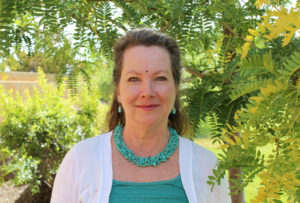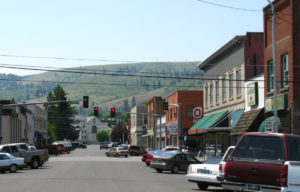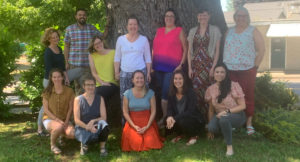By Amy Tracewell, Vice-President of the Rural Development Initiatives Board and a Major Gift Officer at Pacific University
As the nation looks forward to recovering from the economic impacts of the pandemic, rural, tribal, and other underrepresented populations are worried about being left out of the conversation. After all, rural and tribal places face the same complex challenges as larger population centers but are geographically isolated and have limited financial resources with fewer people to do the work. How can we make sure that these marginalized groups receive the support they need to rebuild their communities, have their voices heard, and become more resilient to future crises?
Provide technical assistance alongside resources. While more resources are being made available to rural areas through the American Rescue Plan Act, many private and government funders looking to support rural places in their recovery may assume that communities have the resources needed to accept large grants and life-changing funding. It takes organizational capacity to write compelling and fundable grants and to administer large gifts. These grants are often written by a strategic executive director, a well-informed board chair, a staff grant writer who wears ten other hats, or even a contract grant writer if you can afford it. Further, organizations often need legal, financial, and technology skills to apply for funding. And in rural and underrepresented organizations, there often aren’t the unrestricted dollars available to contribute to a matching funds request. Rural, tribal, and other underrepresented groups often need expert support to navigate processes for accessing funding, and there is a particular need for assistance in navigating federal relief funds for job creation, infrastructure investment, and supporting families.
Build rural capacity. Previous rural policies at the federal level have focused on supporting and strengthening rural farmers, as many who lived in rural communities were farming. Today, the farm economy makes up 10% of overall rural employment, so our support strategies and policies should adapt. It is our aim at RDI to support a ground-up approach to empower rural and underrepresented communities to create the solutions that work for their community, today and in the future. In order to understand these needs, RDI works to embed ourselves into these discussions and to provide solutions in partnership with rural and tribal people. This type of approach requires regional funding strategies, collaboration, and increased communication across all stakeholders.
Change the way we provide rural support. Rural Development Hub organizations such as RDI have been providing support to rural communities for years. We encourage funders to partner with organizations such as ours to ensure their resources are effectively directed to rural leaders on the ground, leaders looking to make community-led change. Success has to be locally grown, and equity has to be understood within the context of place. Rural development hub organizations such as RDI can coordinate grant writing and administration, financial advice, access to capital, and other services if provided the resources to help. We can mobilize proposal-writing resources to respond to available funding opportunities and we can aggregate funding requests from multiple communities for a regional or statewide approach.
The pandemic, the associated economic impact, and the current natural, social, and political climate combine to create a situation on a scale that may eclipse any past economic crises. In this moment, the inequities in our systems and the lack of resiliency of our local economies have come into focus, and we can clearly see the shared values that will help rural communities move forward.




